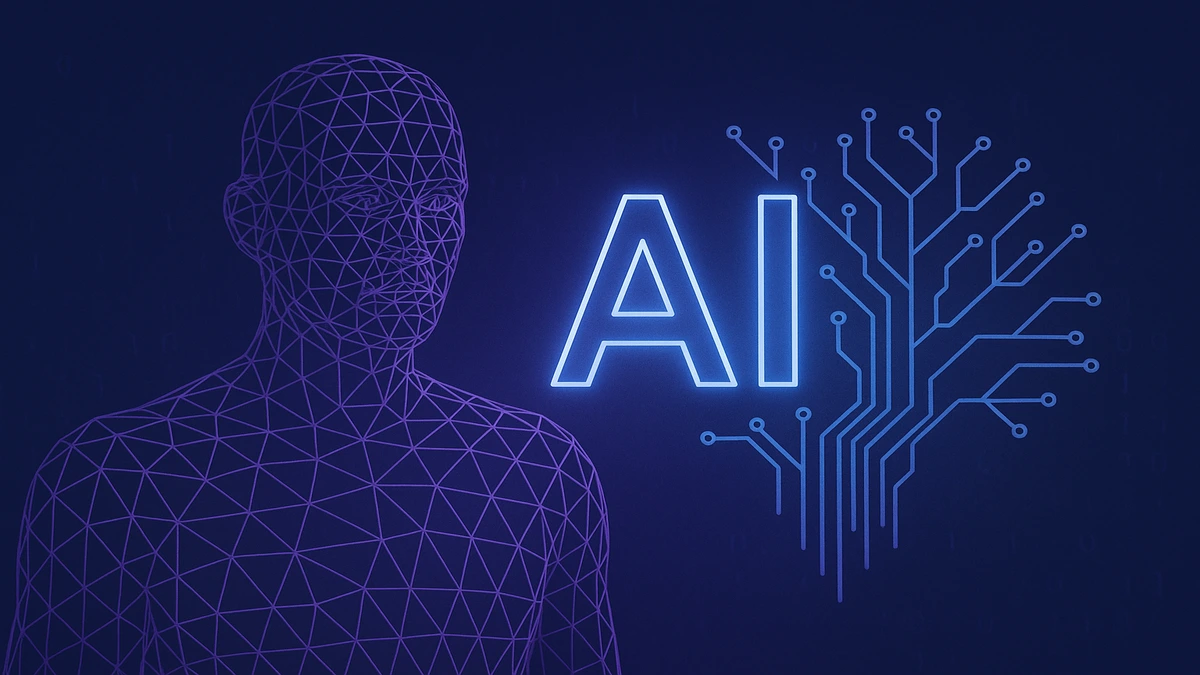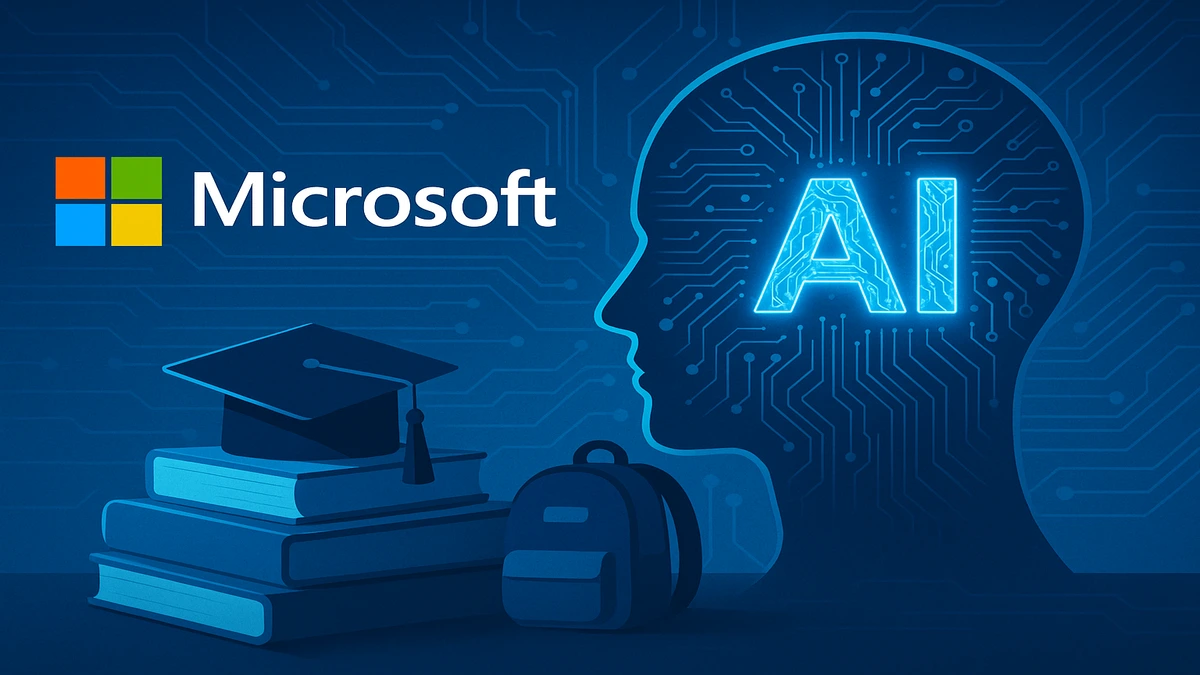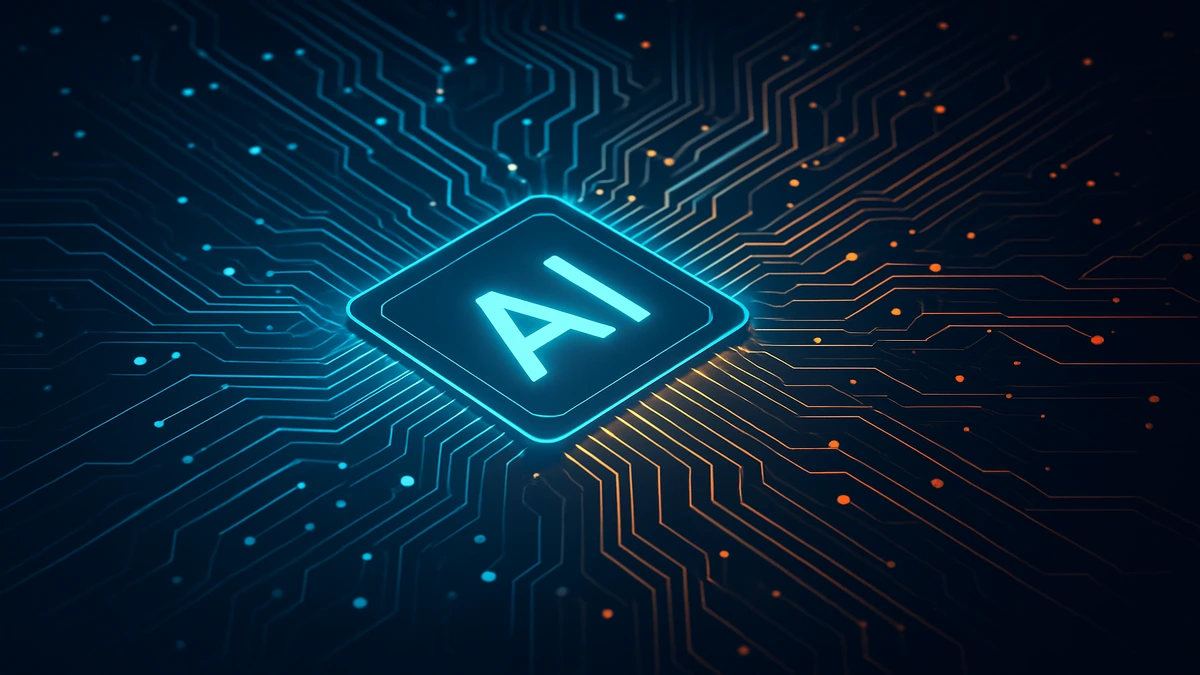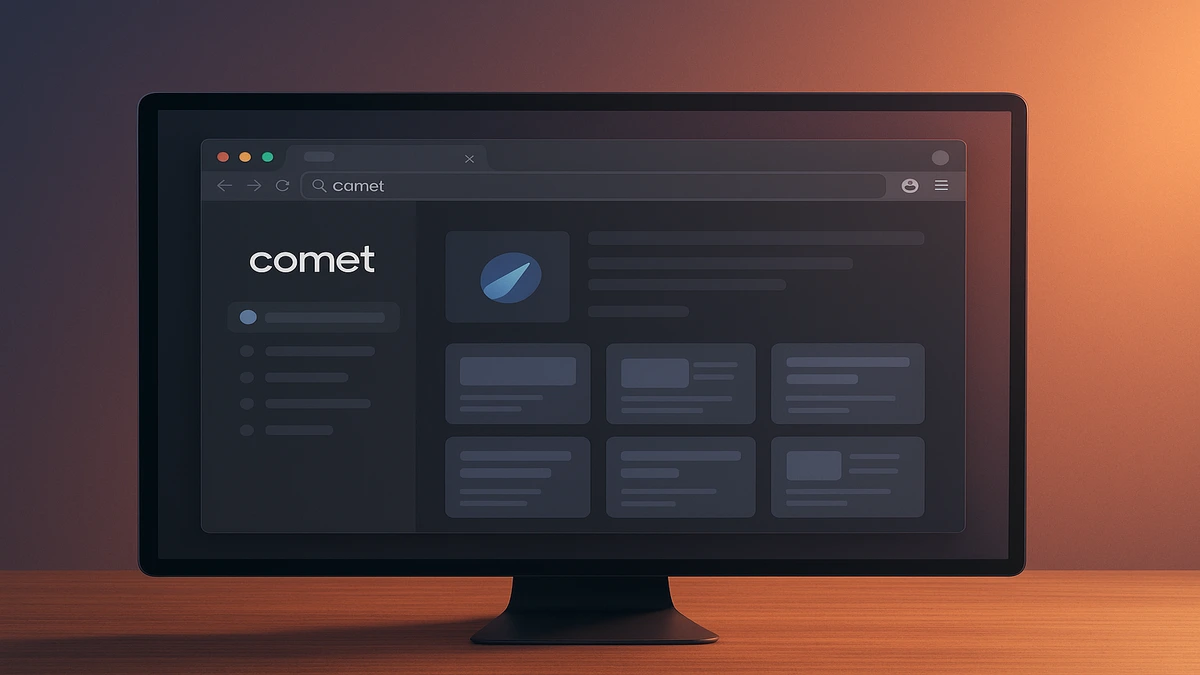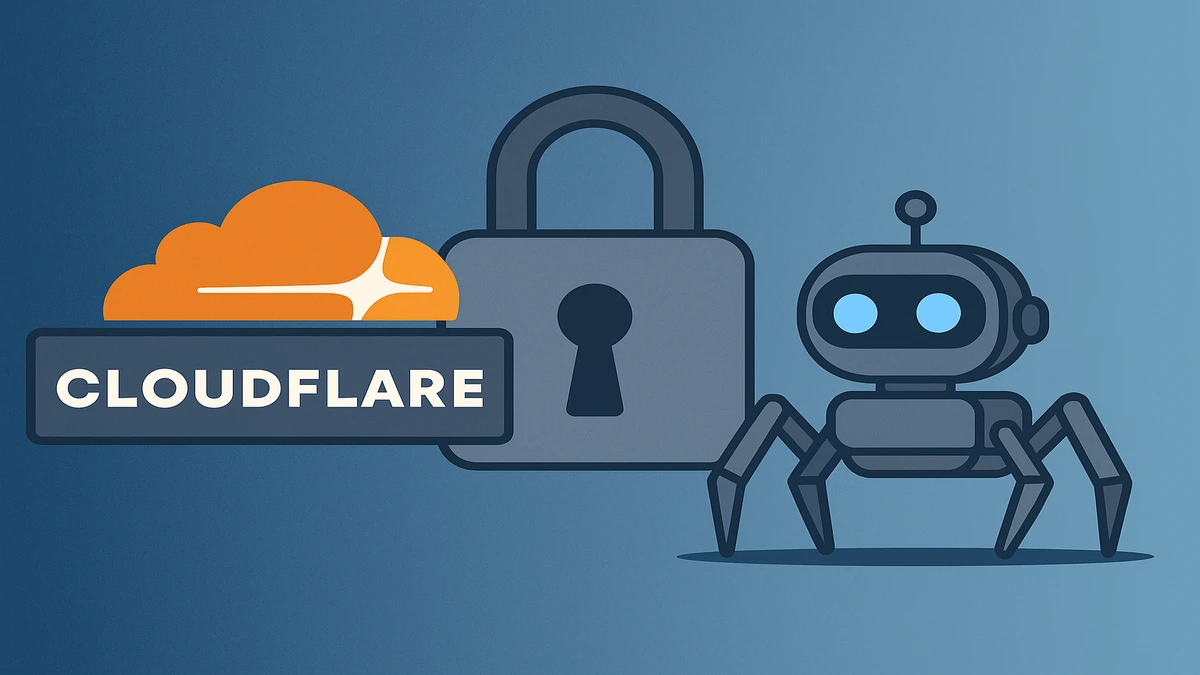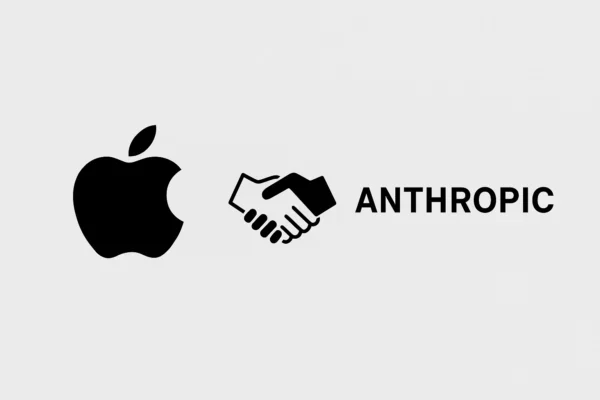
Apple partners with Anthropic to integrate Claude Sonnet into Xcode, streamlining coding, debugging, and testing with advanced AI tools for developers.
Strategic Partnership Overview
Apple and Anthropic have ventured into a strategic collaboration in the realm of AI-integrated coding tools. The recent alliance, unveiled on May 2, 2025, brings together Apple and Anthropic to infuse advanced AI functionalities into Xcode, Apple’s primary development platform. This joint effort introduces a new “vibe-coding” system, powered by Anthropic’s Claude Sonnet model, aimed at autonomously creating, refining, and testing code within Xcode. Initially limited to internal use by Apple’s developers, this partnership signifies a departure from Apple’s traditional self-sufficient AI strategy, showcasing a more inclusive approach to external innovations in response to the rapidly evolving landscape of generative AI. For Anthropic, teaming up with Apple provides an opportunity to tap into Apple’s extensive developer community, broadening its reach and credibility. Together, these two entities aspire to revolutionize coding efficiency, leveraging Apple’s hardware capabilities alongside Anthropic’s cutting-edge AI technology to craft a tool that could redefine the landscape of software development. This collaboration positions both companies to seize the surging demand for AI-driven programming tools, aligning with global initiatives such as India’s advocacy for ethical AI standards to promote responsible innovation.
Next-Gen Coding with Claude Sonnet: The “Vibe-Coding” Revolution in Xcode
The AI-powered Xcode tool incorporates Claude Sonnet, a highly regarded language model renowned for its adeptness in programming, to offer a robust set of advanced features. Unlike conventional coding aids, this platform functions as an intelligent assistant, capable of generating complete code segments, editing existing scripts, and running automated tests within the Xcode environment. A user-friendly chat interface enables developers to request code suggestions, debug applications, or automate UI testing, smoothing intricate workflows. For instance, a developer could input a prompt like “develop a Swift function for real-time data synchronization” and obtain optimized, error-free code tailored to Apple’s platforms.
Bypassing Manual Work: AI-Powered Speed, Precision, and Privacy
The benefits of this tool are diverse. It significantly slashes manual coding time by automating routine tasks like crafting boilerplate code or executing test suites. Claude Sonnet’s contextual comprehension ensures high precision, reducing instances of “hallucinations” or incorrect code outputs, a common pitfall with previous AI tools like Apple’s stalled Swift Assist. The integration harnesses Apple’s M-series chips for on-device processing, ensuring minimal latency and robust security for proprietary codebases. For Anthropic, this collaboration validates Claude’s capabilities within a high-stakes setting, enhancing its reputation for delivering dependable, enterprise-grade AI solutions. This technical partnership—combining Apple’s hardware optimization with Anthropic’s AI model—creates a seamless, potent tool that boosts coding efficiency while upholding stringent privacy standards, a pivotal aspect for business applications.
Empowering All Developers: From Beginner Coders to Power Users
In terms of aiding developers, the AI-enhanced Xcode represents a significant leap in productivity and creativity. The tool’s capacity to generate tailored Swift code for Apple’s platforms such as iOS and macOS accelerates app development timelines. For instance, a junior developer can leverage the chat interface to request a complex animation sequence and receive production-ready code without an in-depth understanding of SwiftUI. Seasoned engineers benefit from automated debugging, where the tool pinpoints errors in real-time, proposes solutions, and fine-tunes performance-critical areas like memory management in ARKit applications.
Moreover, the platform supports collaborative workflows by seamlessly integrating with Xcode’s existing features such as version control, enabling teams to review AI-generated code alongside human contributions to ensure quality and consistency. This is especially valuable for India’s significant tech workforce of 5 million professionals, many of whom are engaged in developing for Apple’s ecosystem and could utilize such tools to adhere to global AI ethics standards. The tool’s testing capabilities are notable, automating unit tests and UI validations to reduce the time devoted to quality assurance. For Anthropic, exposure to Xcode’s estimated 30 million users offers an extensive testing environment to refine Claude Sonnet, while developers gain a reliable assistant that evolves with their requirements, fostering innovation in app development.
Redefining Apple’s AI Strategy: From In-House Models to External Strength
Apple’s collaboration with Anthropic represents a pivotal juncture in its AI strategy, addressing past criticisms of lagging behind competitors like OpenAI, Google, and xAI. While Apple’s consumer-facing features are powered by Apple Intelligence, its developer tools have historically relied on in-house models, struggling with accuracy—as evidenced by Swift Assist’s 2024 setbacks due to unreliable outputs. By integrating Claude Sonnet, Apple taps into Anthropic’s proficiency in secure, interpretable AI, positioning Xcode as a frontrunner in the AI-assisted coding market, challenging tools like GitHub Copilot and OpenAI’s Codex.
Strategic Synergies
This strategic move fortifies Apple’s ecosystem by solidifying the indispensability of Xcode for developers. The partnership also signals a broader shift towards external collaborations, complementing Apple’s integrations with OpenAI’s ChatGPT for Siri and planned support for Google’s Gemini. For Anthropic, the agreement elevates its market status, especially as it lags behind rivals in model advancements. This synergy enables Apple to expedite AI innovations without diverting resources from hardware development, while allowing Anthropic to showcase its technology capacity on a high-profile platform, potentially attracting additional enterprise clients. Such alignment strategically positions both companies to capture a substantial share of the burgeoning $100 billion generative AI sector, particularly in developer tools where the demand for efficiency is skyrocketing.
In conclusion, the Apple-Anthropic partnership for an AI-integrated Xcode tool exemplifies a developer-centric approach to AI innovation, merging Apple’s dominance in the ecosystem with Anthropic’s AI prowess. Through the integration of Claude Sonnet into Xcode, this collaboration yields a robust platform that streamlines coding processes, debugging, and testing, empowering developers to expedite app development without compromising quality. This collaboration benefits Apple by reinforcing its developer community and competitive advantage in the AI race, while granting Anthropic unprecedented scale and credibility through Xcode’s extensive user base. For enthusiasts of AI, this partnership epitomizes how technical cooperations can drive pragmatic, ethical AI solutions, echoing global calls for responsible standards. As Apple gears up for its Worldwide Developer Conference on June 9, 2025, the potential public release of this tool could potentially redefine software development, positioning both companies as frontrunners in the AI-driven future of coding.

